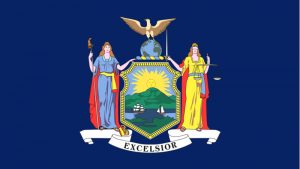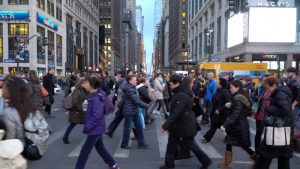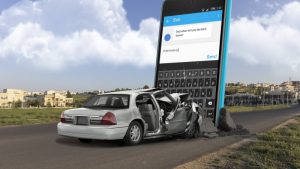New York state is challenging the accuracy of the Federal Communications Commission’s (FCC) broadband data and has submitted more than 31,000 unserved or underserved addresses from across the state under the FCC’s Broadband Data Collection challenge process.
New York Governor Kathy Hochul announced the launch of a statewide air quality and greenhouse gas mobile monitoring initiative, which is first being deployed in communities overburdened by environmental pollution.
Gov. Kathy Hochul has appointed Colin Ahern to serve as New York State’s first-ever chief cyber officer, to protect New York from increasingly prevalent and sophisticated cyber threats.
New York City Mayor Eric Adams and New York Governor Kathy Hochul, along with the mayors of Albany, Buffalo, Rochester, Syracuse, and Yonkers, unveiled the new Joint Security Operations Center (JSOC) to bolster New York State’s ability to combat cybersecurity threats and attacks.
The Sunlight Foundation released a report that found that cities use Federal data to make strategic decisions including identifying local issues and informing policy decisions. The majority of cities began using Federal data more than a decade ago and 43 percent plan to increase their use of Federal data in the future.
Hundreds of thousands of guests pass through the gates of the New York State Fair, but this year a new guest could be seen flying high above the crowds. Two state-owned drones were used for the first time to monitor weekend traffic conditions at the 13-day fair that ended Sept. 4. “The New York State […]
Though Bob Samson was named New York State’s CIO only in April, his work in the state stretches back for more than half a decade. Gov. Andrew Cuomo during his first term put together the Spending and Government Efficiency (SAGE) Commission to examine the state’s organization and spending habits. Samson served on the commission and helped put together a recommendation for the governor on how to organize the state’s technology.
Some states refused to turn over voter data to the White House on June 30, saying that the data requested contains sensitive information and could be used for political purposes. President Donald Trump signed an executive order in May that established the Commission on Election Integrity, which investigates instances of potential voter fraud. The commission asked the states to turn over all publicly available voter data.
How can data and technology improve the quality of life for New York City youth, seniors, and immigrants? That’s the question that NYC BigApps is trying to answer. The annual app competition encourages designers, developers, academics, entrepreneurs, and New Yorkers to develop apps that that leverage data and technology to solve issues related to transportation, […]
Chicago legislators urged the Chicago Police Department last week to consider using a device capable of detecting if motorists have been texting in cases that involve injury-related traffic accidents. Law enforcement officials would use the “Textalyzer” to scan a driver’s cellphone to determine if it was used to receive or send text messages during or just prior to a collision.










